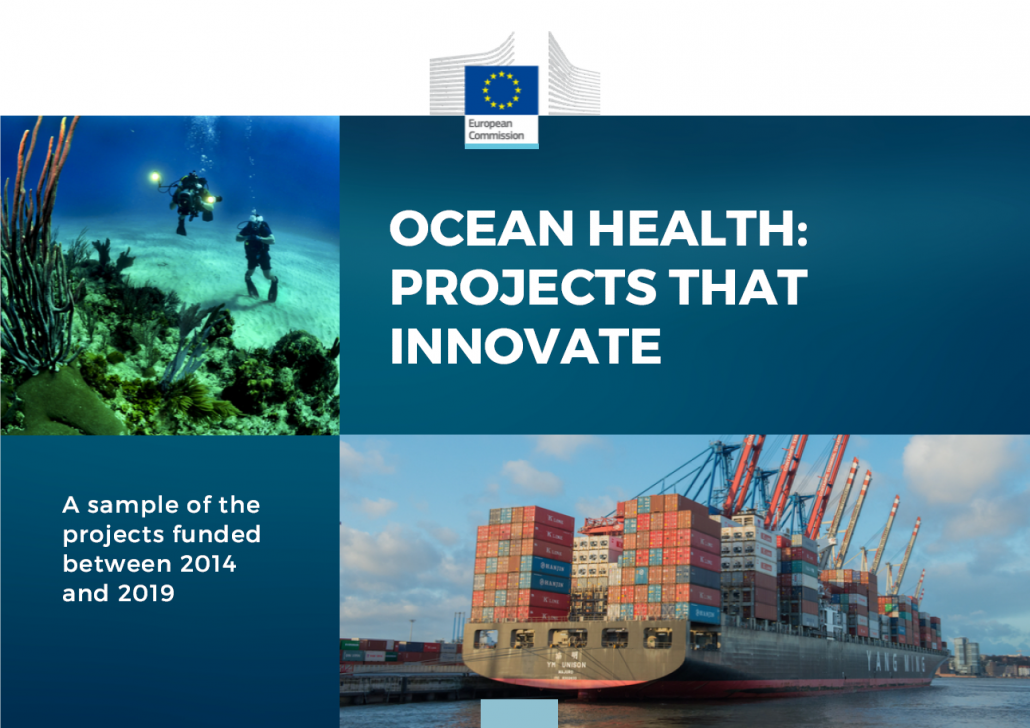Posts
EU | Sustainable fisheries: Cooperation with Mauritania continues
/in News /by National Hub MauritaniaThe protocol promotes responsible fishing and sustainable management of fishing resources, including enhanced transparency measures. The extension ensures continuity in cooperation and further progress towards sustainable fishing.
The fisheries partnership agreement with Mauritania is the biggest mixed agreement for the EU both in financial terms and in terms of fishing opportunities. Under the current framework with Mauritania, the EU fleet is authorised to fish in Mauritanian waters for shrimp, demersal fish, tuna and small pelagics, up to around 287,000 tonnes per year. In addition to the fees paid by the European fleet, the EU pays a financial contribution of €61,625,000 per year, including over €4,000,000 to support the fisheries policy in Mauritania, in particular the improvement of research and fisheries governance.
Despite intentions to agree a new protocol, the COVID-19 pandemic disrupted the initial planning for the negotiations. The parties considered a one-year extension of the current protocols to be the most pragmatic approach to avoid interruption in the activity of Union fishing vessels in Mauritanian waters. The extensions will be on the same terms as the current ones, with identical fishing opportunities for EU vessels as well as identical financial contributions from both the European Union and the ship-owners. Meanwhile, negotiations for a new agreement and protocol will continue with a view to the adoption of a new sustainable fisheries partnership agreement, before the expiration of the agreed extension.
More information
The Mauritania section of the WestMED website presents the latest news of the Blue Economy in Mauritania.
Ocean Health: Projects that innovate : a sample of the projects funded by the European Maritime and Fisheries Fund 2014 – 2019
/in News /by Communication teamSource: DG MARE
As the name suggests, the European Maritime and Fisheries Fund does not just support fisheries, but also maritime policy. It is mainly national administrations who decide how to use the amounts they receive to support both fisheries and the blue economy. The European Commission also manages a small percentage of the Fund (4.5%), which goes to innovative projects and sustainable 4 activities and helps coordinate maritime cooperation across borders. Over the years, this “direct funding” has supported many new ideas all over Europe. What follows is a snapshot of some of the most intriguing projects that emerged in recent years thanks to the European Commission’s direct funding.

The document is available here.
